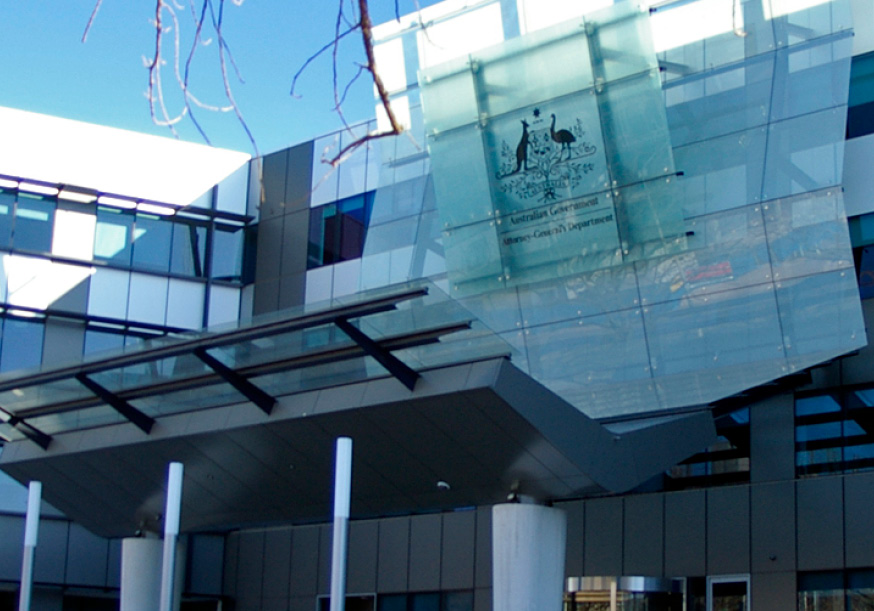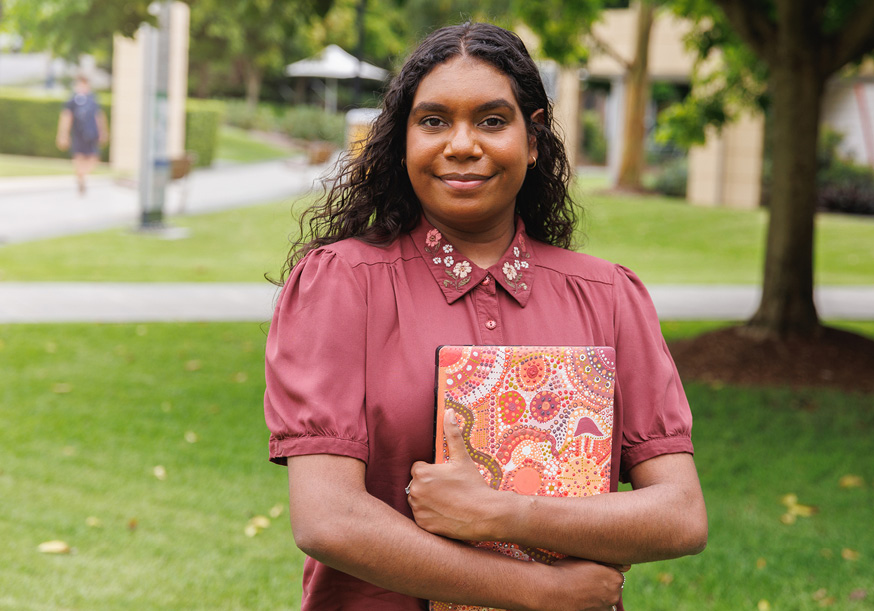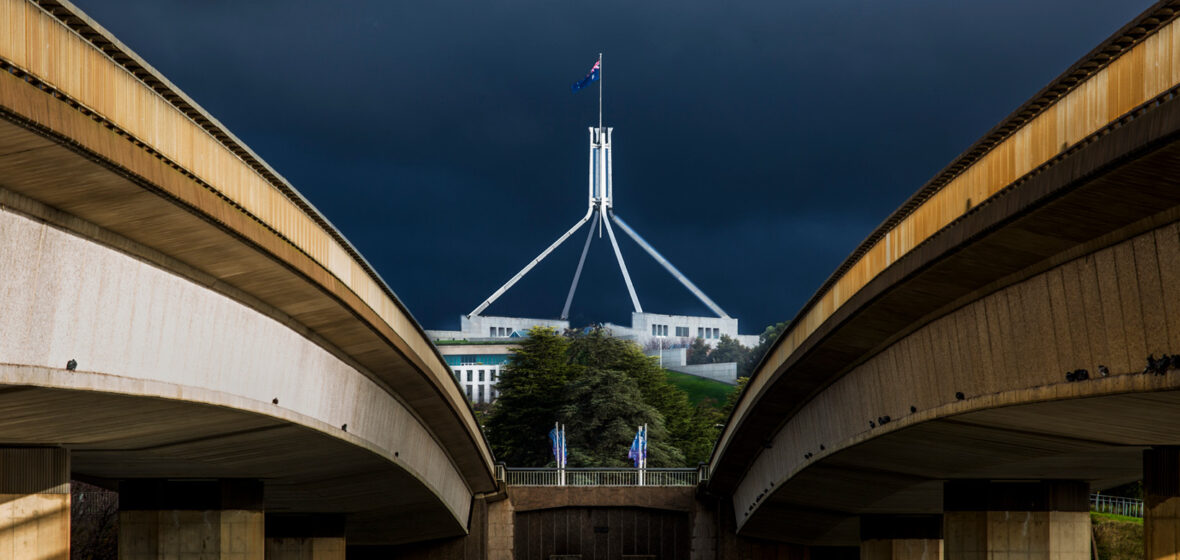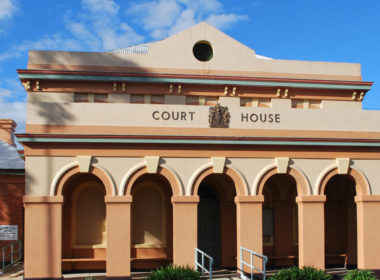Federal Treasurer Jim Chalmers has handed down the Albanese Government’s first budget in office since victory in May – and Labor’s first in almost a decade. As anticipated, families, healthcare and climate change have been the big winners. But there are some gems for Australia’s legal profession also. LSJ has compiled 10 of the most crucial points for solicitors across NSW and the country.
In the lead up to Budget night on Tuesday 25 October, the Government was lowering voters’ expectations, declaring the focus would be on “getting the fundamentals right”. Many of the key announcements are election promises, with Chalmers noting in his speech to the House of Representatives that the Government’s fiscal strategy “puts a premium on restraint”.
Chalmers said the budget has three main pillars: it provides cost of living relief to make “life easier for Australians, without adding inflation”; targets investments in the modern economy; and begins the “hard yards of budget repair”.
“This is a responsible budget that is right for the times and readies us for the future … This is a solid and sensible budget – suited to the conditions,” Chalmers said.
“We now confront the prospect of a third global downturn in a decade and a half.
“This time not a financial crisis or a pandemic, but a war driving high prices and higher interest rates here and around the world, and the risk of another global recession.”
Inflation is expected to peak at 7.75 per cent later this year, before moderating over time, to 3.5 per cent through 2023–24, and returning to the Reserve Bank’s target range in 2024–25.
Here are the 10 key areas for Australia’s legal profession.

The Attorney General’s portfolio
The Government will provide just shy of $60m over four years to the Attorney General’s Department, including $38.1m to support the Australian Human Rights Commission; $22.7m to enhance the capacity of the Office of the Director of Public Prosecutions to digitally manage evidence; and $5.5m to the Australian Information Commissioner to investigate and respond to the Optus data breach.
The Government will also establish a taskforce within the Attorney General’s Department to scope out the possibility of a federal judicial commission, with costs to be met from within the existing resourcing of that Department.
First Nations justice
The Budget delivers a historic funding commitment aimed at Closing the Gap and improving the lives of Indigenous Australians. The First Nations justice package is worth a record $99m over four years from 2022-23 and includes:
- $81.5m for justice reinvestment, including addressing the underlying causes of incarceration, and designing and establishing an independent unit to coordinate these initiatives in partnership with Aboriginal and Torres Straight Islander communities.
- $13.5m for Aboriginal and Torres Strait Islander Legal Services to ensure First Nations families can access culturally appropriate and timely legal assistance before, during and after coronial processes.
- $3m for the National Family Violence Prevention Legal Services Forum to deliver legal and non-legal support to First Nations communities; and
- $1m for the representative peak body for Aboriginal and Torres Strait Islander Legal Services, the National Aboriginal and Torres Strait Islander Legal Services, to support its contribution to law reform and policy development that addresses inequalities in the legal system.
The Government will also explore options for consolidated national real-time reporting of First Nations deaths in custody, with costs to be met from within the existing resourcing of the Australian Institute of Criminology.
More than 30 years after the Royal Commission into Aboriginal Deaths in Custody, rates of incarceration and the number of deaths in custody of Aboriginal and Torres Strait Islander people are a national shame.
“Aboriginal and Torres Strait Islander people are tragically over-represented at every point in the justice system,” Attorney General Mark Dreyfus said.
“Turning the tide on the unacceptably high rate of incarceration and deaths in custody is a key priority of this package.”
The Law Council of Australia welcomes the investments in community-led justice reinvestment initiatives, but notes the lack of new investment in the justice system, courts and tribunals and the baseline funding of legal assistance services.
“While we are pleased to see that the Government has maintained previously announced funding for many existing initiatives, such as the Lighthouse Project, more needs to be done,” Law Council President Tass Liveris said.
“A focus of this Budget appears to be on measures intended to assist Australians through the tough times of the current economic climate. However, the Budget largely fails to recognise the fundamental role of legal assistance services in supporting Australians when crisis hits.”

Community legal centres
Community Legal Centres in flood and bushfire affected areas will get a funding boost in the budget. A total of $12m will be provided to CLCs in NSW and Queensland to assist fire and flood affected individuals with accessing timely legal assistance.
Small business
There has been mixed praise about the Government’s spending on small business. Small Business Minister Julie Collins billed the industry as the “engine room of Australia’s economy”, but the sector receives only $15m in the budget for a debt and counselling hotline.
“The Government wants to help improve the long-term resilience of Australia’s small businesses and help them bounce back following significant challenges in recent years,” Collins said.
“The Small Business Debt Helpline is a dedicated small business financial counselling service delivered by Financial Counselling Australia. It provides free, independent, confidential and impartial phone-based support to small business owners nationally, regardless of the cause of their financial hardship.”
The Government has also pledged $62.6m to provide an energy savings grant program for SMEs to reduce energy use and lower bills. The funding will support studies, planning, equipment and facility upgrade projects that will improve energy efficiency, reduce emissions or improve the management of power demand. Costs of this measure will be partially met within the existing resourcing of the Department of Climate Change, Energy, the Environment and Water.

Royal Commissions
The Royal Commission into Defence and Veteran Suicide will be extended to June 2024 – with the Government providing $15.5m. Eligible witnesses will also be supported to participate in the Royal Commission through extending legal advisory services and financial assistance arrangements.
An amount of $30m will also be given to the Royal Commission into the Robodebt Scheme. This scheme will inquire into the establishment, design, implementation, and outcomes of Robodebt, the handling of concerns raised about the scheme, the use of third-party debt collection, and the impacts of the operation of the scheme. This measure delivers on the Government’s election commitment
Further, $262.2m has been dedicated to establishing a national anti-corruption commission to restore trust and integrity in Government.
Women’s safety – Respect@Work
The budget has dedicated $42.5m to implement its response to recommendations of the Respect@Work Report. This includes:
- $32m to fund Working Women’s Centres in all states and territories to provide advice, information, and advocacy to workers on gender-based workplace issues, including sexual harassment.
- $5.8m to support education and compliance activities associated with introducing a positive duty on employers to take reasonable and proportionate measures to eliminate sex discrimination, sexual harassment and victimisation as far as possible.
- $2.6m to hear and confidentially document the experiences of victims of historical workplace sexual harassment.
- $2.1m to establish a one-stop shop for workplace sexual harassment information, including about victims’ rights, complaint options, support service referrals and employer responsibilities.
Further, almost $40m will be spent to increase demand for the Escaping Violence Payment, as well as $25m over five years for a trial of innovative responses to address the behaviour of the perpetrators of domestic violence.
There is also funding for an additional 500 frontline services and community workers across Australia, to increase the support available for women and children experiencing family, domestic and sexual violence.

Defence and foreign affairs
$213.3m over five years will be dedicated to deliver additional assistance to Ukraine following the invasion of Russia. This includes funds allocated to military assistance, additional Humanitarian Concern Visas and the Ukranian Community and Settlement Support program.
Improving home ownership for defence personnel and veterans has been given space in the Budget, allocating $46.2m to support them to purchase their own homes. Additionally, $1.5m has been allocated to assist with the purchase of grave markers for private graves of veterans of the First World War. And $70m has been allocated to supporting veterans and their families and improve their wellbeing.
A further $87m will improve the administration of the claims processing system and also improve veterans’ services. IT systems including MyService and myGov will be enhanced.
TAFE and universities
A total of 480,000 free TAFE places have been promised over five years. An amount of $50m will go towards establishing a TAFE Technology Fund to modernise IT infrastructure, workshops, laboratories, telehealth simulators, and other facilities at TAFEs across Australia.
The Government will also provide $491.8m over four years to boost higher education and strengthen Australia’s university system. This includes $485.5m for 20,000 additional Commonwealth supported places at universities and other higher education providers commencing in 2023 and 2024. These places are dedicated to students under-represented in higher education, including First Nations peoples, those who are the first in their family to study at university, and students from rural and remote Australia. The places are for courses in areas of skills shortage, including teaching, nursing and engineering.

Fines for criminals
Fines for any federal crime will increase from $222 to $275 from 1 January 2023 and will be indexed every three years. These fines will cover breaches under Commonwealth law relating to communication, finance, tax and fraud offences. This measure is estimated to raise $31.6m in revenue over four years.
First Nations Voice to Parliament
The Government is preparing for the delivery of a referendum to enshrine a First Nations Voice to Parliament in the Constitution, with $75m over two years dedicated in the Budget. This includes:
- $52.6m to the Australian Electoral Commission and other agencies to commence preparations and support work to deliver the Referendum
- $16.1m to the Australian Electoral Commission to increase First Nations enrolment and participation in future electoral events
- $6.5 million to the National Indigenous Australians Agency to support the Referendum, including the establishment of a governance structure to support the special advisory groups that will engage with stakeholders and provide advice to Government.
“We commit to a Voice for First Nations people,” Chalmers said.




